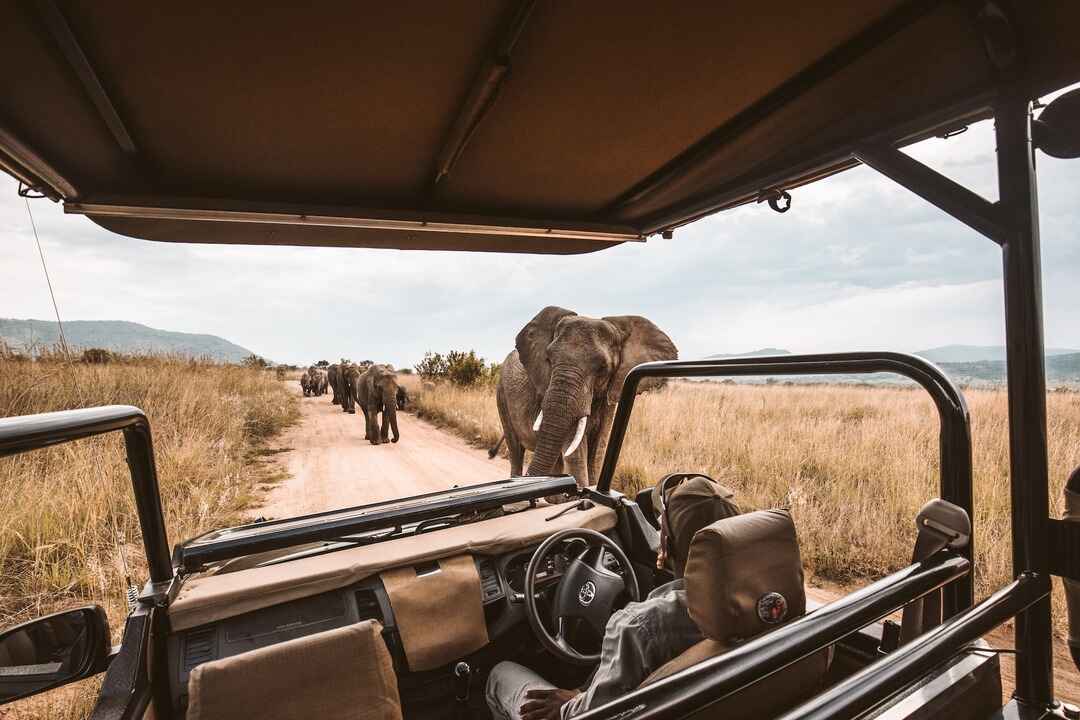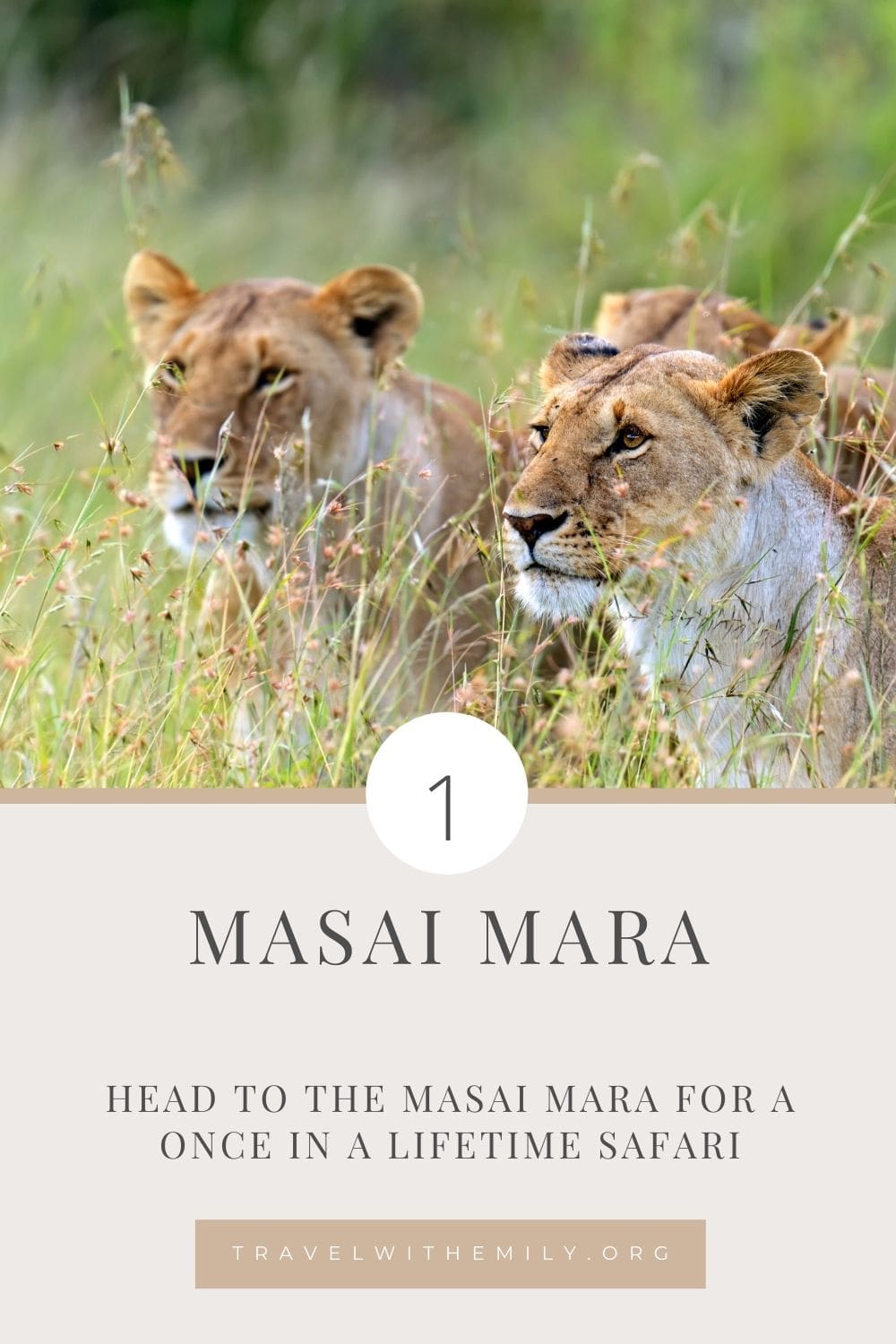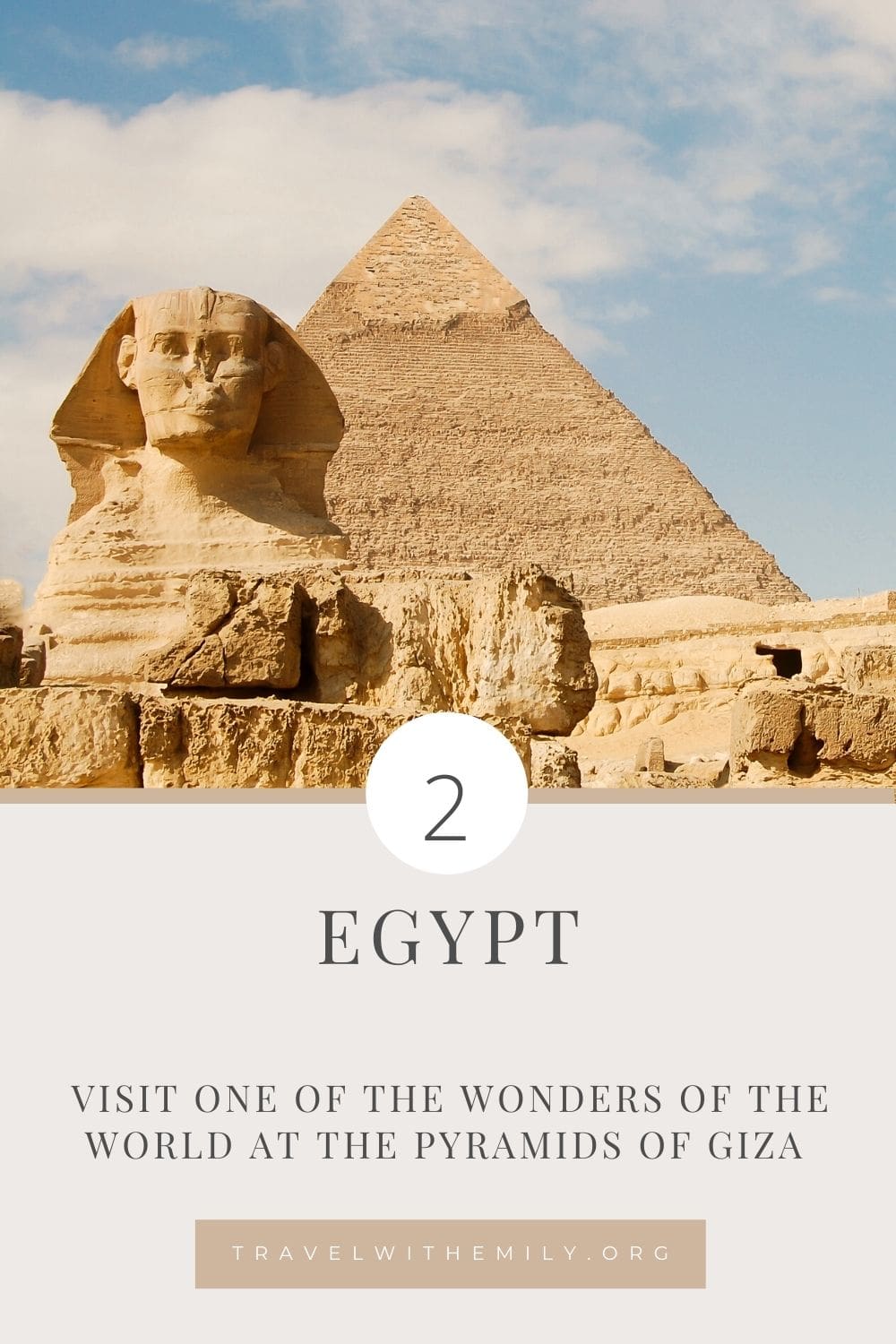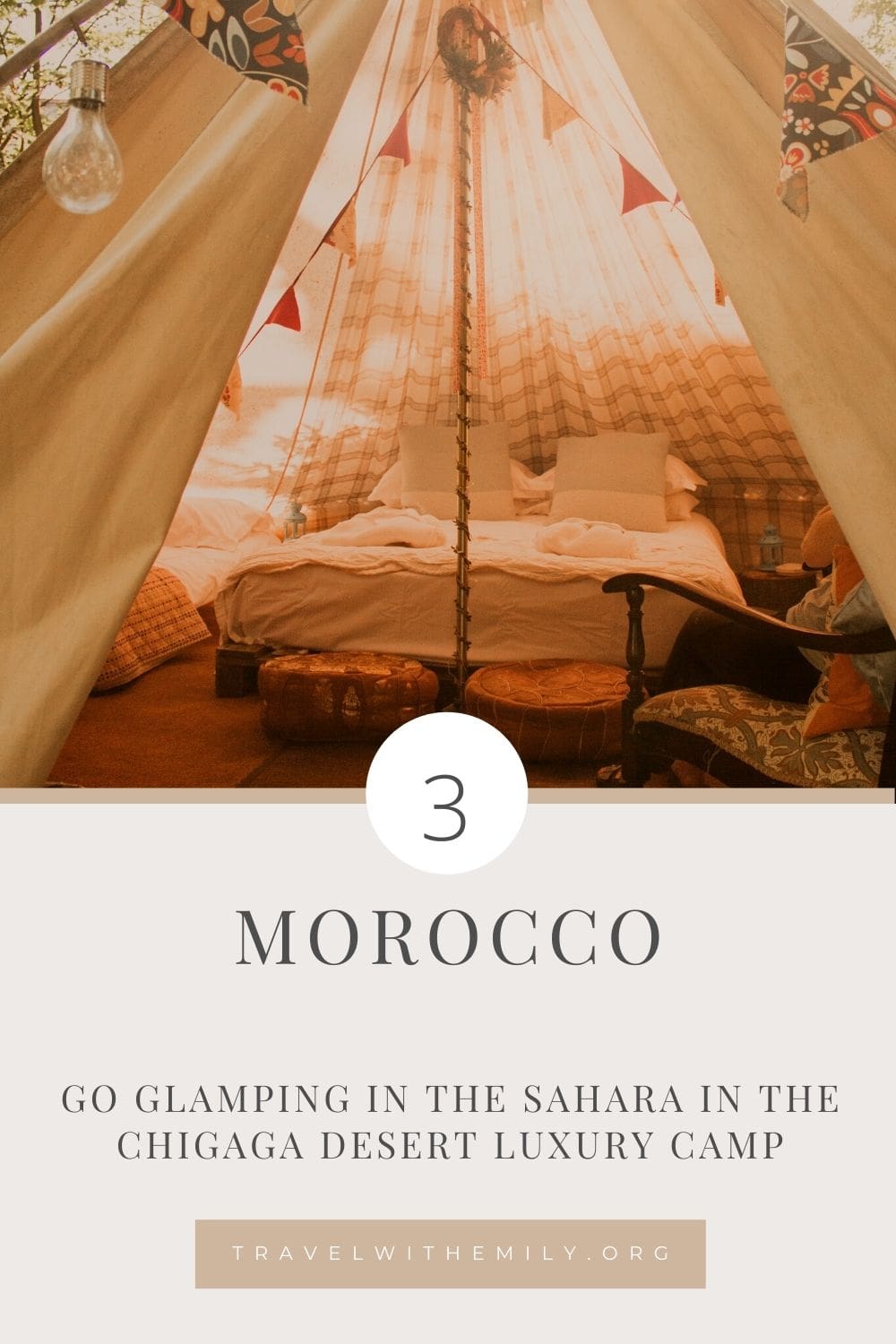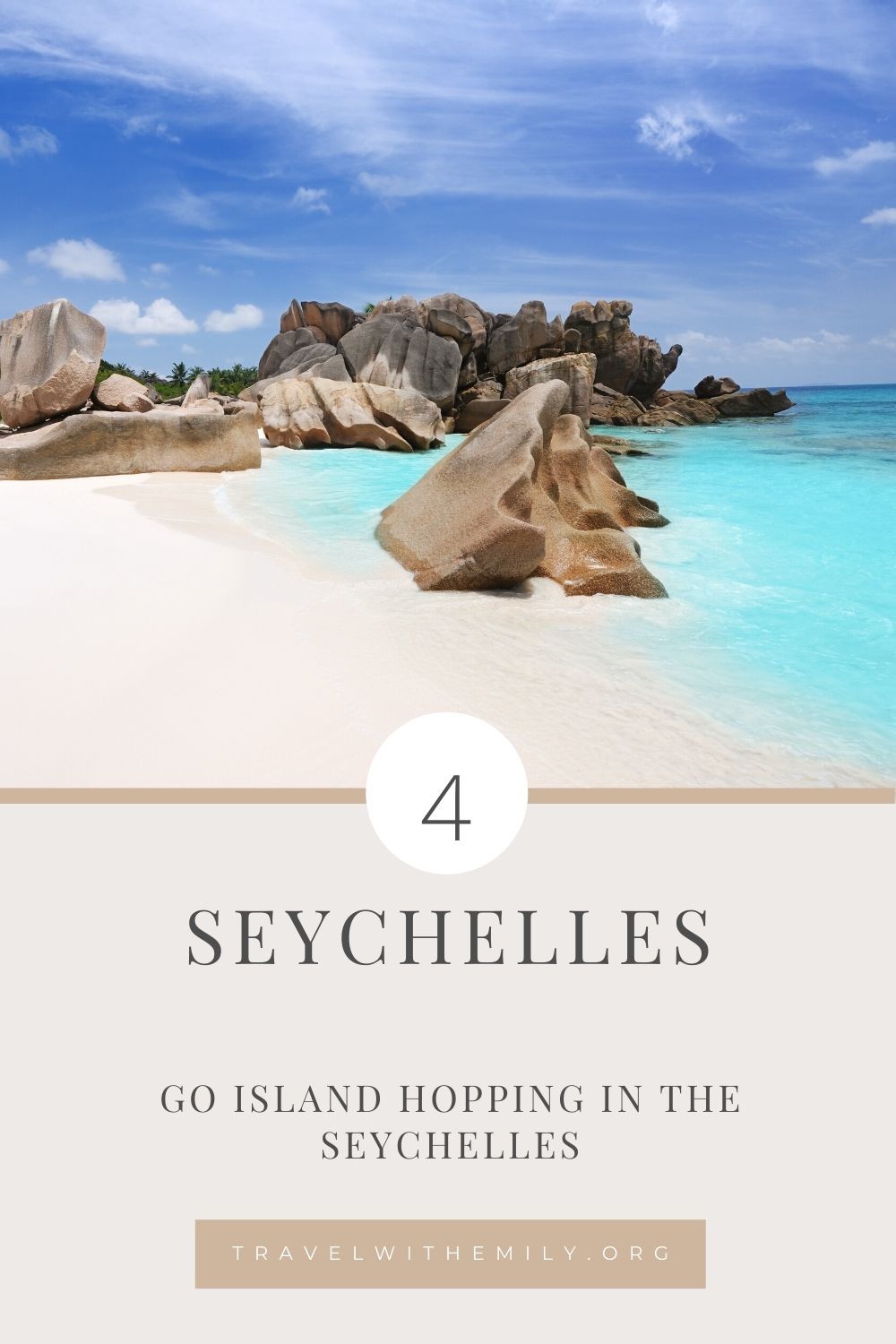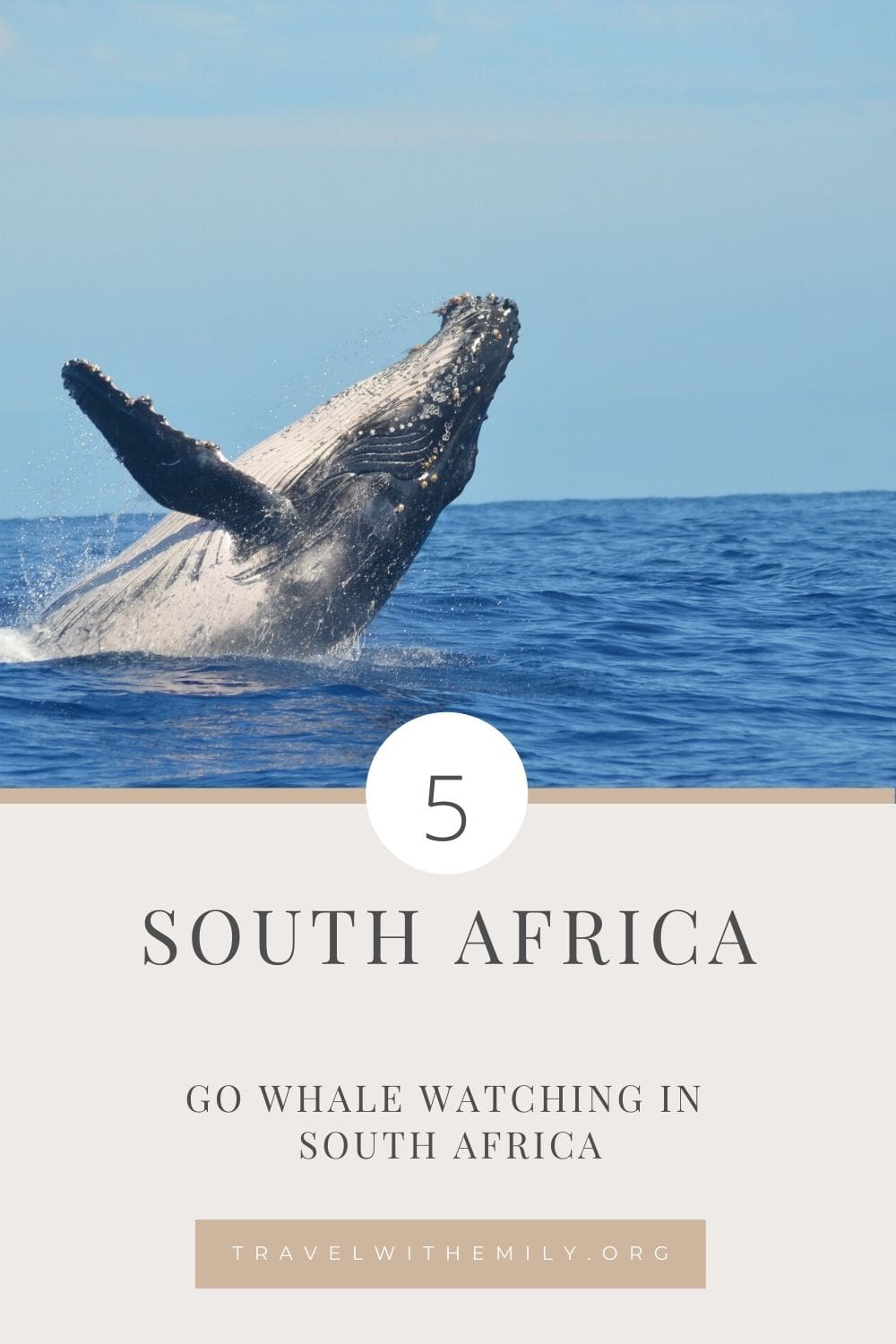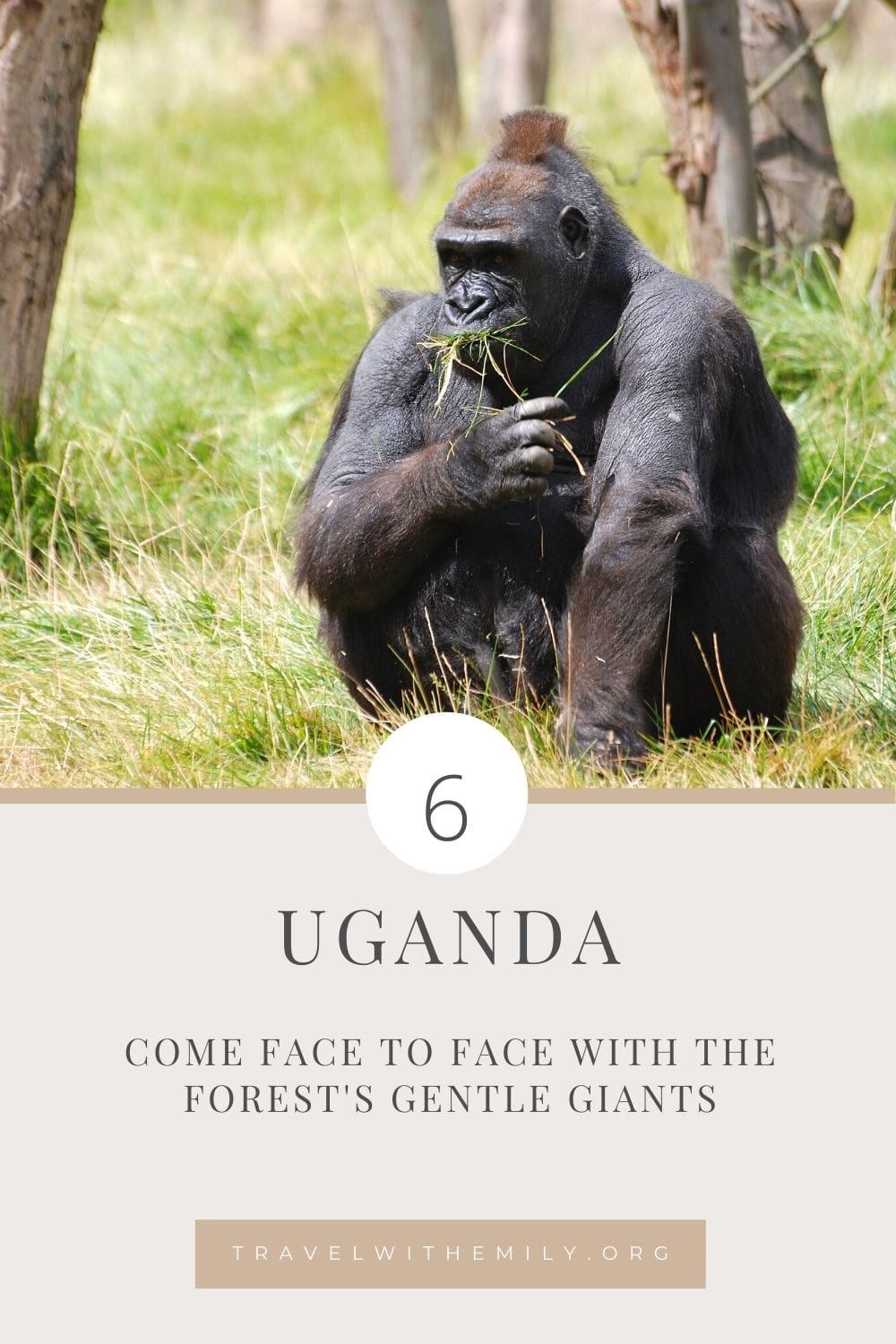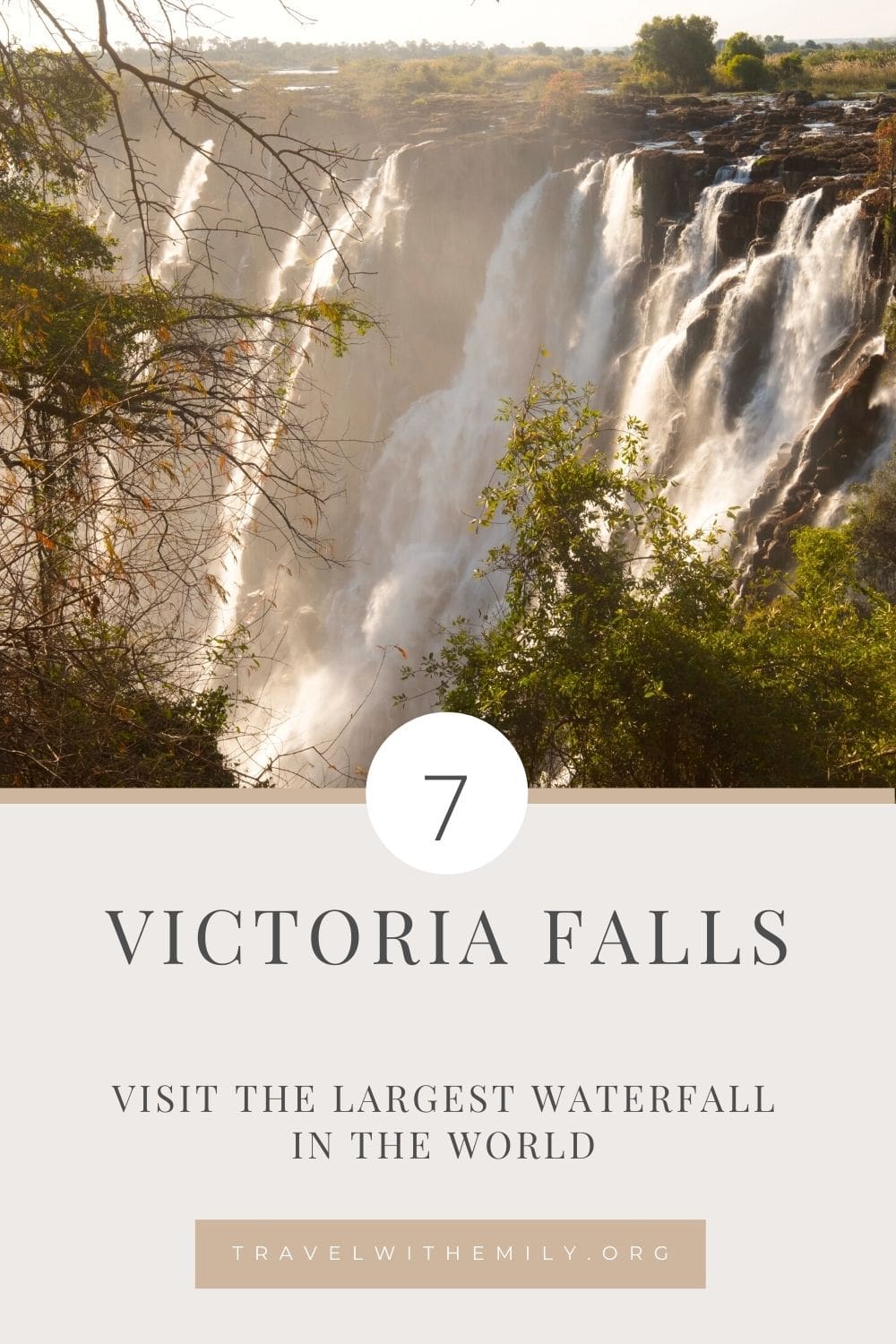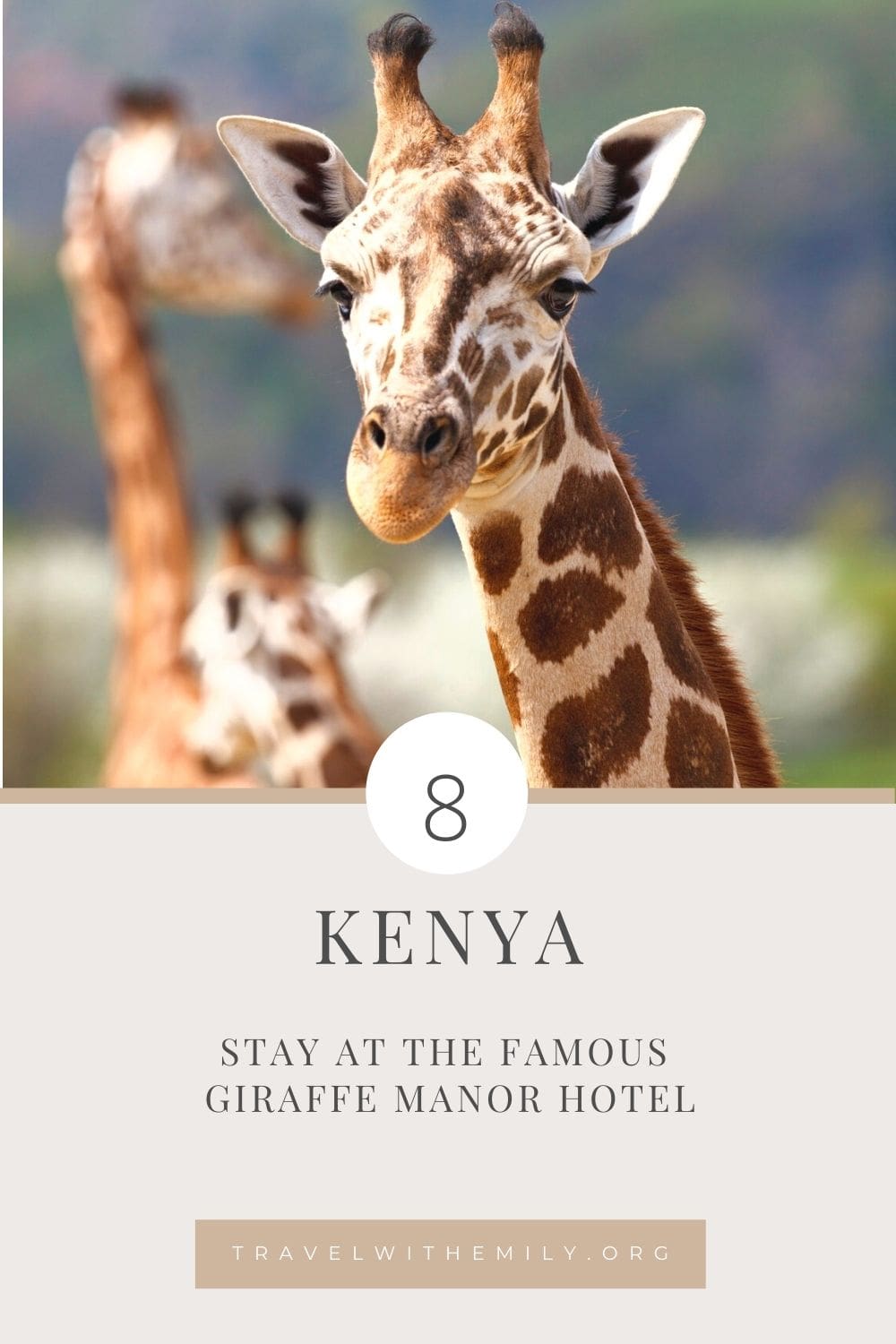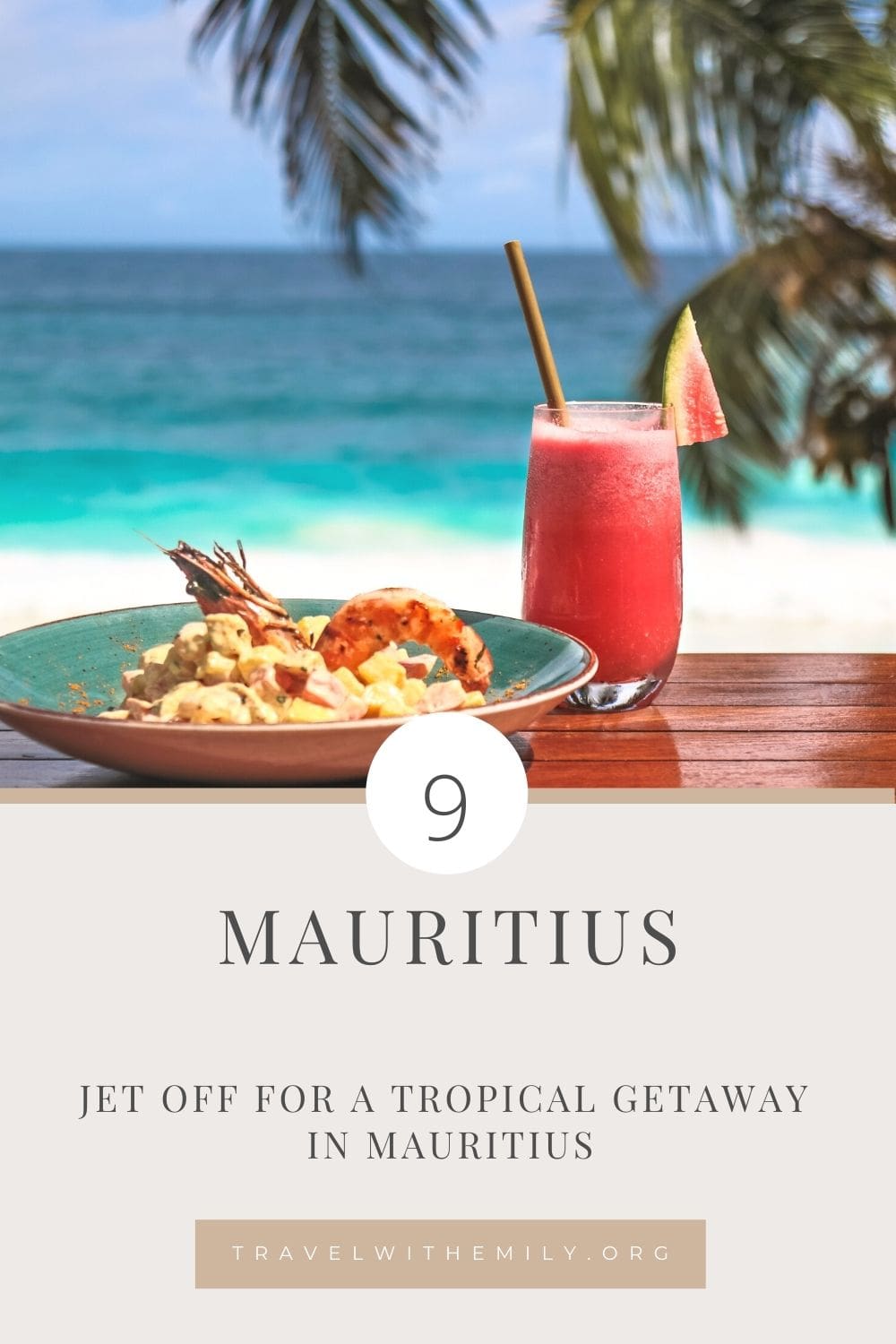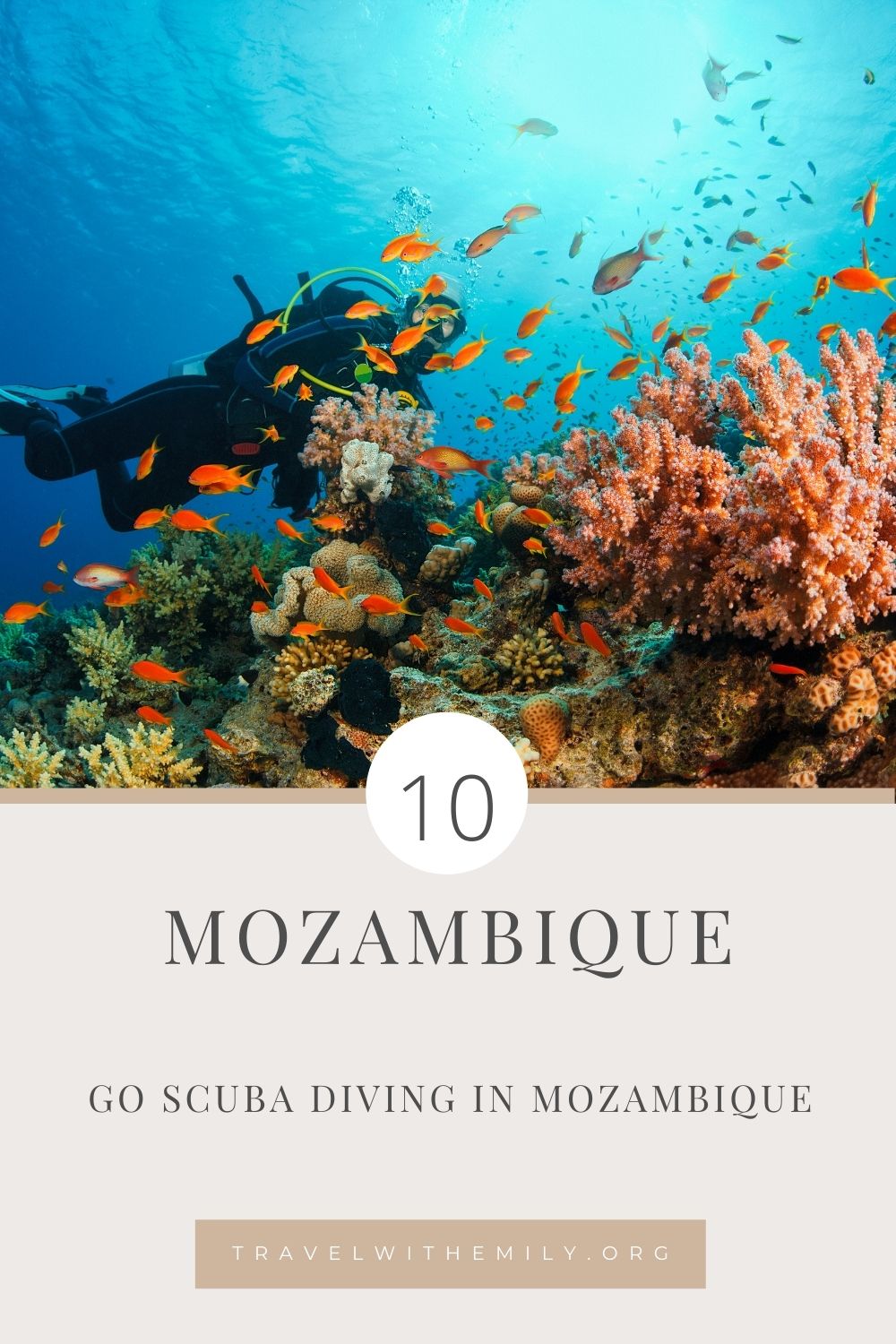
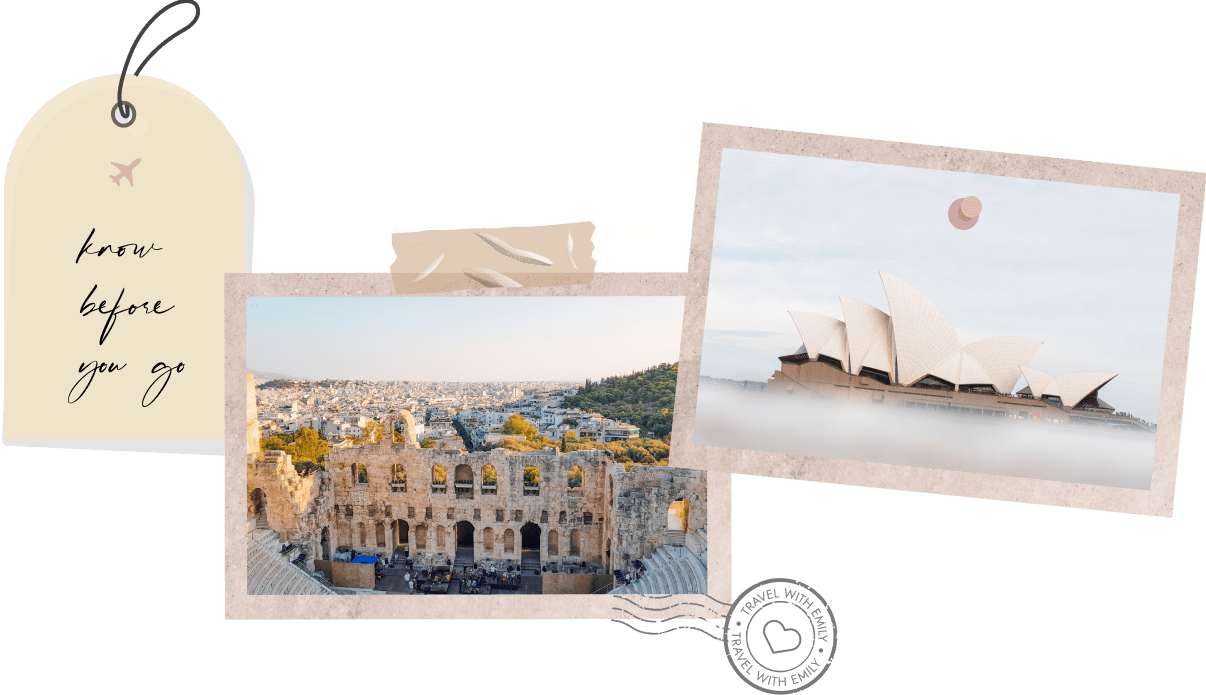
A continent like no other, Africa really is a world of its own with its distinct natural beauty, rich culture and architectural wonders. From the pyramids of Egypt, the deserts of Morocco to the beautiful countryside of Botswana and tropical coastline of Central Africa, there’s so much to uncover.
For more inspiration of where to go, check out my list of bucket list experiences below and stay tuned for more posts on where to go and what not to miss!
explore AFRICA
explore Africa
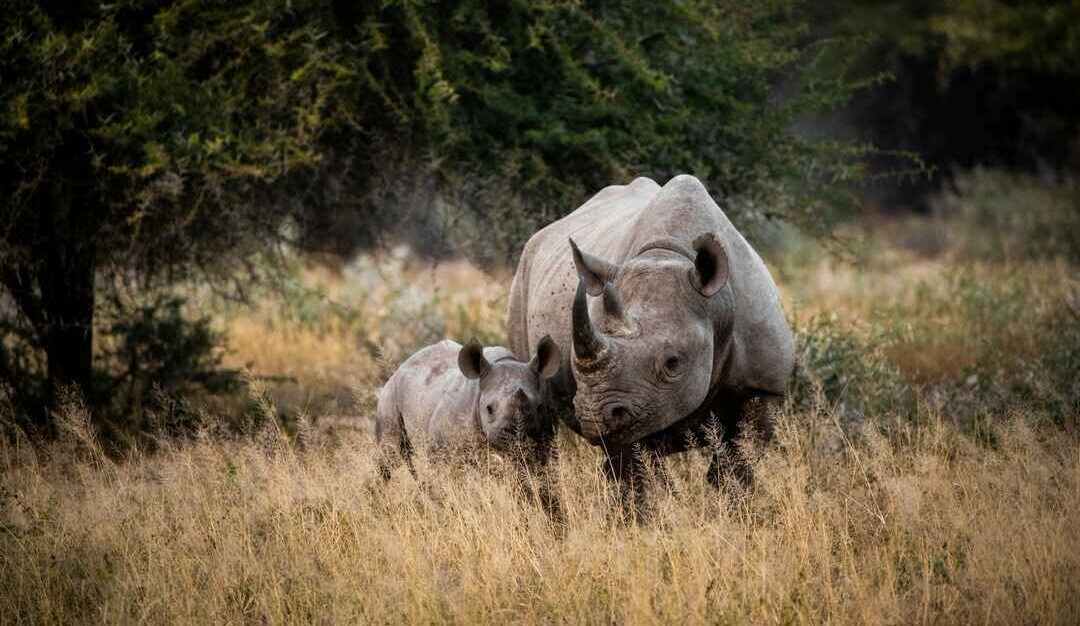
Planning a Safari: Kenya vs South Africa – which is better?
Planning a Safari: Kenya vs South Africa – which is better? An African safari is one of the most incredible travel experiences, offering breathtaking landscapes, diverse wildlife, and unforgettable adventures. But when deciding where to go, one of the most common questions I get asked is Kenya vs South Africa – which is better for […]
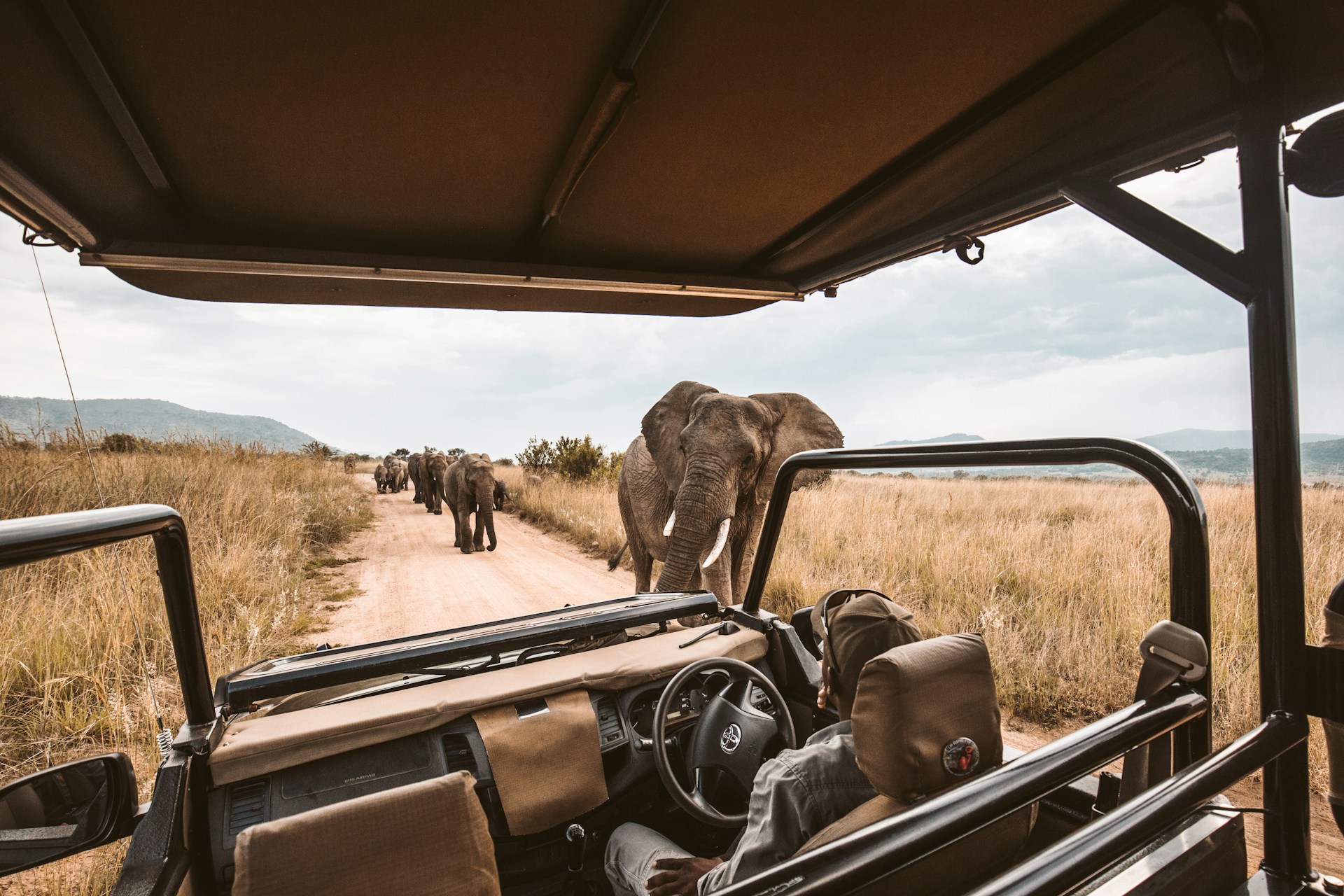
What’s The Best Month for An African Safari?
When & Where to Go for the Ultimate Safari Experience An African safari is a bucket-list adventure, but knowing the best month for an African safari can make all the difference. Africa’s diverse landscapes, seasonal wildlife movements, and varied climates mean that timing is crucial. Whether you’re hoping to witness the Great Migration in the […]
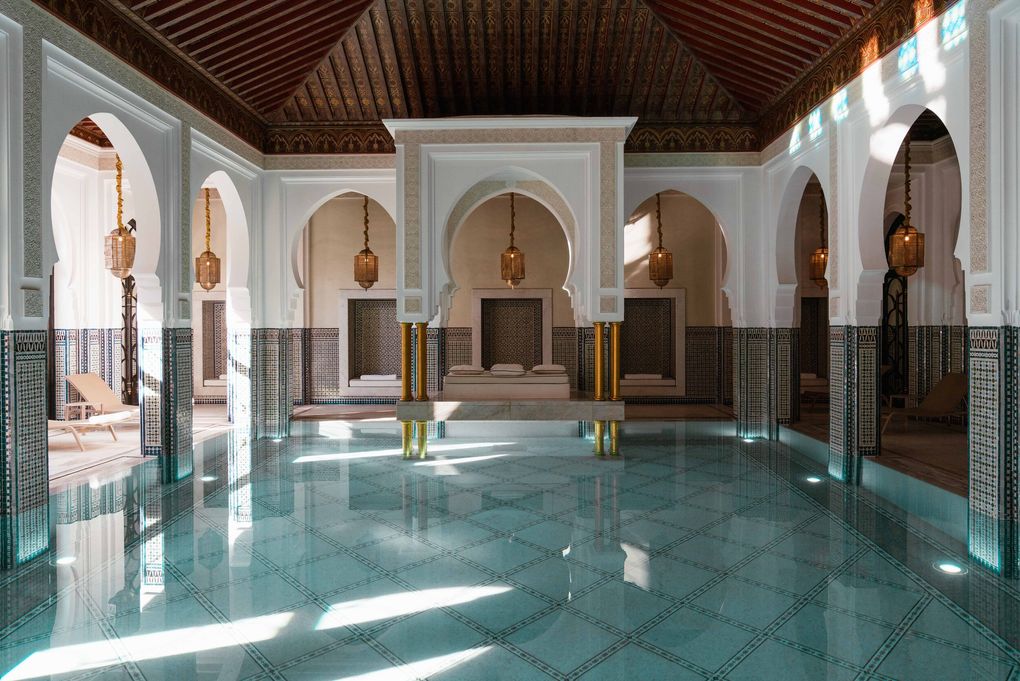
15 of the Best All-inclusive Resorts in Marrakech Morocco
Are you dreaming of a hassle-free escape to the magical city of Marrakech? Known for its bustling souks, serene riads, and incredible food, Marrakech also offers a growing selection of all-inclusive resorts that blend Moroccan charm with modern luxury. Whether you’re planning a romantic getaway, a family vacation, or a solo retreat, here’s your ultimate […]
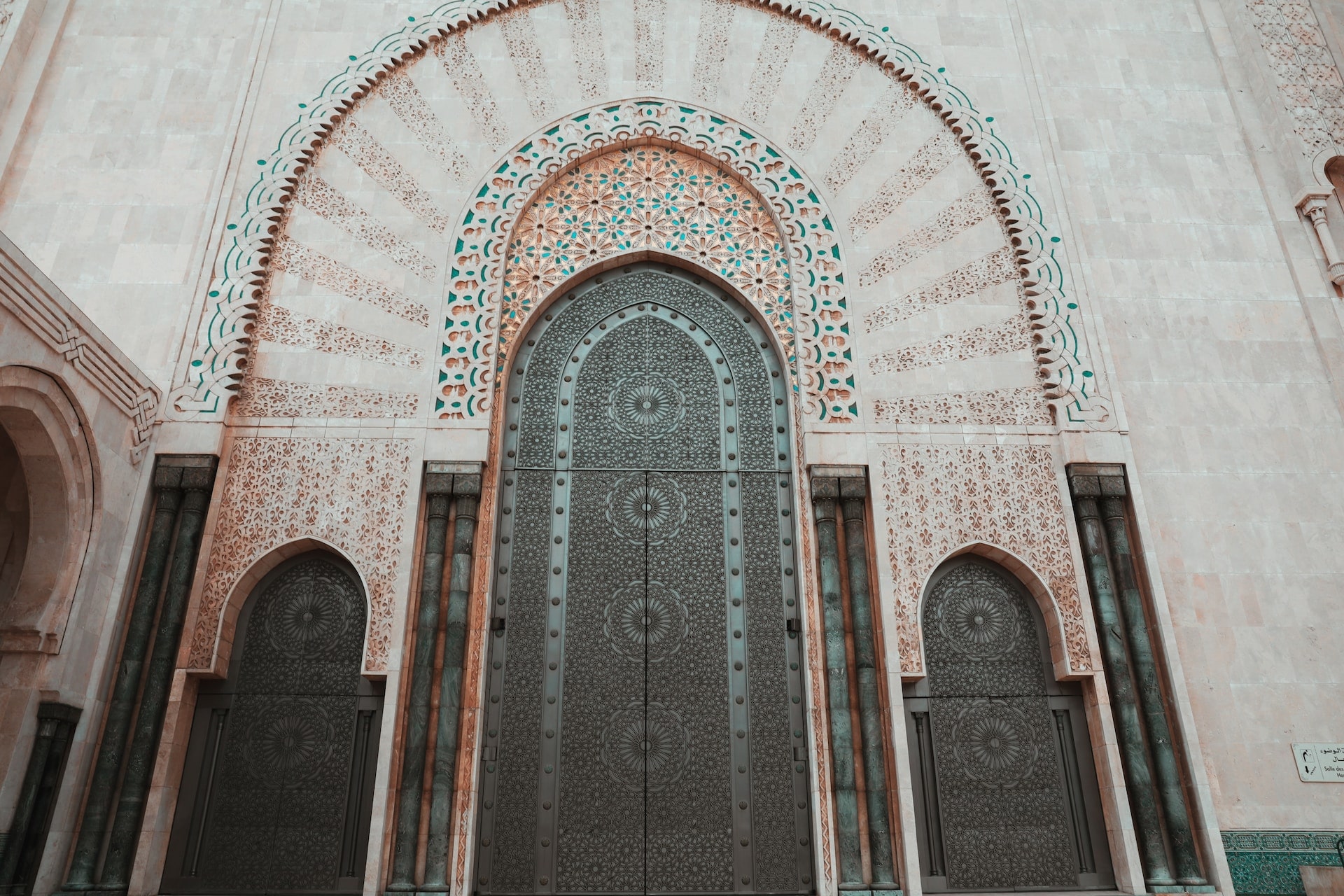
Is Morocco Safe To Travel To?
Is Morocco Safe To Travel To? I recently headed on a trip to Marrakech and despite being a frequent traveller, found myself a little unsure of what to expect when arriving in Morocco. Friends of mine had come back with tales of being conned of cash and faulty ATMs. But what’s the real situation? Is […]

Marrakech: A Guide of what to see and do
Home to some of the most dramatic and diverse landscapes, Morocco is one of the best places to go to indulge in a little escapism and Marrakech is certainly no exception – with its beautiful rooftop terraces, dazzling mosaic tiling and vibrant marketplaces. So read on and get ready to experience the enchanting world of […]

Best Hotels in Marrakech: Riad L’Atelier Review
Best Hotels in Marrakech: Riad L’Atelier Review Read on to find out what I thought of our stay at Riad L’Atelier and how it ranked as one of the best hotels in Marrakech… What’s a Riad and should you stay in one in Marrakech? In our 4 days visiting Marrakech, we were keen to experience […]



“Where should I go for the first time in Africa?”
Cape Town, South Africa:
- Why: Stunning landscapes, vibrant cultural scene, and a mix of urban and natural attractions.
- Highlights: Table Mountain, Robben Island, Cape of Good Hope, and the Cape Winelands.
Marrakech, Morocco:
- Why: Rich history, vibrant markets, and unique architecture.
- Highlights: Jardin Majorelle, Djemaa el Fna, Medina, and Bahia Palace.
- Looking for an all-inclusive resort? Check out my latest post for 15 of the best all-inclusive resorts in Marrakech
Maasai Mara National Reserve, Kenya:
- Why: Incredible wildlife, especially during the Great Migration.
- Highlights: Safari adventures, hot air balloon safaris, and Maasai cultural experiences.
Serengeti National Park, Tanzania:
- Why: Witness the Great Migration and experience the African safari.
- Highlights: Wildlife safaris, hot air balloon rides, and the Ngorongoro Crater.
Kruger National Park, South Africa:
- Why: One of Africa’s premier game reserves with diverse wildlife.
- Highlights: Game drives, guided walks, and luxury lodges.
Zanzibar, Tanzania:
- Why: Pristine beaches, historical Stone Town, and a cultural melting pot.
- Highlights: Stone Town, Spice Farms, and beautiful beaches like Nungwi.
How to travel to Africa Safely
Travelling to Africa for the first time? Unsure what to expect? Here are some safety travel tips to help you on your way.
Research Your Destination:
- Understand the specific countries or regions you plan to visit.
- Check travel advisories issued by your government for updated information on safety and security.
Health Precautions:
- Consult a healthcare professional well in advance to discuss vaccinations and health precautions required for the specific regions you’ll be visiting.
- Stay informed about health risks, including prevalent diseases and required vaccinations.
Travel Insurance:
- Make sure you have comprehensive travel insurance that covers medical emergencies, trip cancellations, and other unexpected events.
Entry Requirements:
- Check visa requirements and ensure you have all necessary documents for entry into each country you plan to visit.
Local Laws and Customs:
- Familiarise yourself with the local laws and customs of the countries you’re visiting.
- Make sure you respect cultural norms and traditions.
Safety Considerations:
- Stay updated on safety conditions in the areas you plan to visit.
- Avoid areas with known security risks, and be cautious in unfamiliar surroundings.
- Keep valuables secure, and be aware of your surroundings, especially in crowded places.
Emergency Contacts:
- Save emergency contacts, including local authorities and your country’s embassy or consulate, in your phone and on paper.
Money and Documents:
- Keep copies of important documents, such as your passport and travel insurance, in a secure location.
- Inform someone back home about your travel plans and provide them with a copy of your itinerary.
Pack Wisely:
- Pack appropriate clothing and necessities for the climate and activities you’ll be engaging in.
- Carry essential medications and a basic first aid kit.
Local Contacts:
- Establish local contacts, such as accommodations, tour operators, or guides, who can provide assistance and information.
Heading to Morocco? Click here for safety tips in and around Morocco


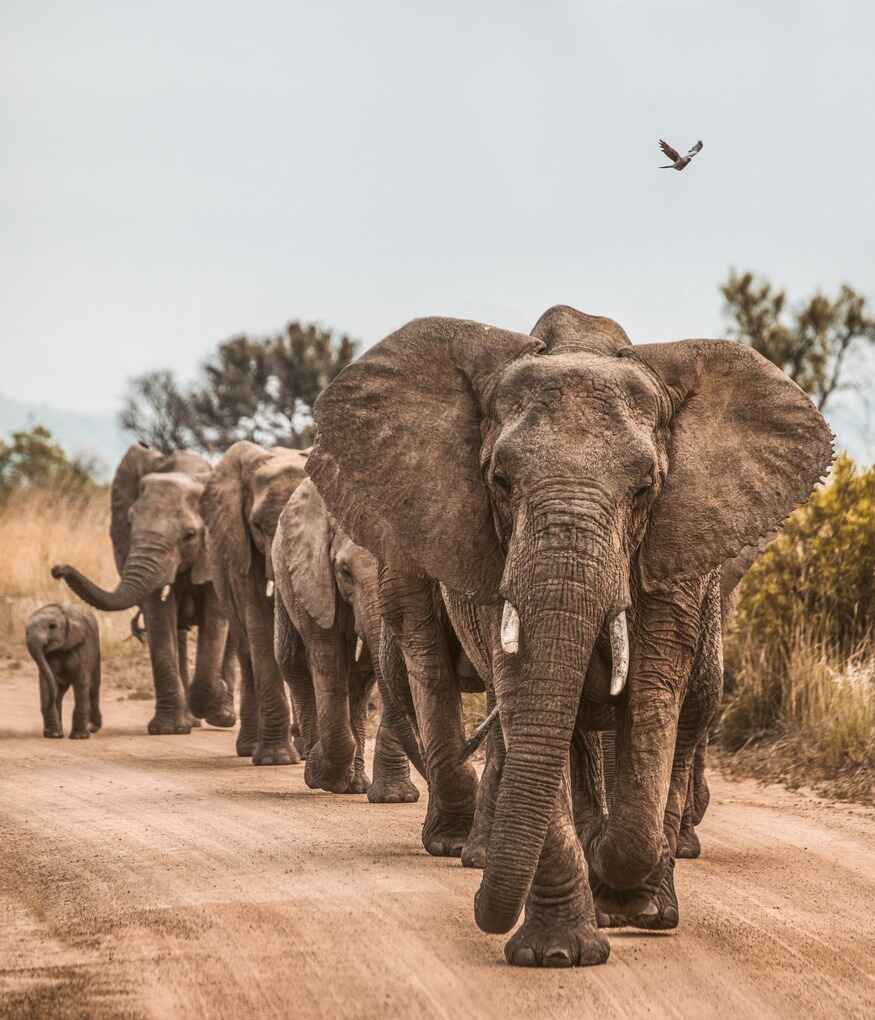
How much does a 2 week African Safari cost?
This really depends what you have in mind, but here’s a general break down:
Accommodations:
- Budget Accommodations: $100 – $300 per night
- Mid-Range Lodges: $300 – $700 per night
- Luxury Safari Camps/ Lodges: $700 – $2,000+ per night
Transportation:
- Domestic Flights: $100 – $500+ per flight (depending on the distance)
- Private Safari Vehicle with Driver/Guide: $150 – $500+ per day
Park Fees and Activities:
- National Park/Reserve Fees: Varies by park, but could range from $20 to $100+ per day
- Guided Game Drives: $50 – $300+ per person per activity
- Hot Air Balloon Safaris: $500 – $1,000+ per person
Meals:
- Cost can vary depending on the level of dining (camp meals, lodge meals, fine dining).
Miscellaneous:
- Visa Fees, Travel Insurance, Tips, and Personal Expenses.
Given all of this, a rough estimate for a mid-range safari could be anywhere from $300 to $1,000 per person per day. Therefore, for a 2-week safari, the total cost could range from $4,200 to $14,000 or more per person.

Which is the Best African Safari?
This really depends on what type of wildlife you want to see, what month you’re planning to visit (e.g for specific animal migrations/behaviours) and the level of luxury or adventure you’re looking for. These are some of our favourites:
Maasai Mara National Reserve and Serengeti National Park:
Located in Kenya and Tanzania, respectively, these parks are famous for the Great Migration, where millions of wildebeest and other animals move in search of fresh grazing.
Kruger National Park:
Situated in South Africa, Kruger National Park is one of Africa’s most iconic wildlife reserves, known for its diverse ecosystems and abundant wildlife.
Okavango Delta:
Found in Botswana, the Okavango Delta is a UNESCO World Heritage Site known for its unique inland delta and rich wildlife, including elephants, lions, and a variety of bird species.
Chobe National Park:
Also in Botswana, Chobe National Park is renowned for its large elephant population and diverse ecosystems. River safaris along the Chobe River offer a different perspective.
Selous Game Reserve:
The largest game reserve in Africa, located in Tanzania, Selous is known for its pristine wilderness, diverse landscapes, and the Rufiji River.
Amboseli National Park:
In Kenya, Amboseli is famous for its stunning views of Mount Kilimanjaro and large herds of elephants.
Etosha National Park:
Located in Namibia, Etosha is known for its expansive salt pan and a variety of wildlife, including black rhinos.
South Luangwa National Park:
In Zambia, South Luangwa offers a remote and wild safari experience with diverse ecosystems and abundant wildlife.
MalaMala Game Reserve:
Situated in South Africa, MalaMala is known for its exclusive and luxurious safari experience, offering excellent opportunities for Big Five sightings.
Ngorongoro Conservation Area:
In Tanzania, the Ngorongoro Crater is a unique safari destination, often referred to as an “Eden” due to its diverse ecosystems and high concentration of wildlife.
What time of year is best for a Safari in Africa?
Spotting wildlife on a Safari is very dependent on the climate and because Africa experiences quite distinct wet and dry seasons, here’s a guide to where to go when:
East Africa (Kenya and Tanzania):
- Best Time: The dry season from late June to October is ideal for wildlife viewing. The Great Migration occurs in the Serengeti during this period.
- Good Time: January to February is also a good time to visit.
Southern Africa (South Africa, Botswana, Namibia, Zambia, Zimbabwe):
- Best Time: May to October is the dry season, offering excellent wildlife viewing. In Southern Africa, this is winter, and animals tend to gather around water sources.
- Good Time: April and November are transitional months and can offer good wildlife sightings.
Central Africa (Uganda, Rwanda, Congo for gorilla trekking):
- Best Time: Dry seasons from June to August and December to February are popular for gorilla trekking.
- Good Time: These regions can be visited year-round, but wetter months may make trekking more challenging.
Namibia:
- Best Time: May to October is the dry season, ideal for wildlife viewing and exploring the desert landscapes.
- Good Time: Cooler months from June to August are particularly pleasant.
Zimbabwe and Zambia (Victoria Falls):
- Best Time: Dry season from May to October for better waterfall visibility.
- Good Time: Shoulder months (April and November) provide a balance between water flow and visibility.
